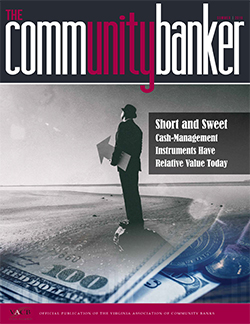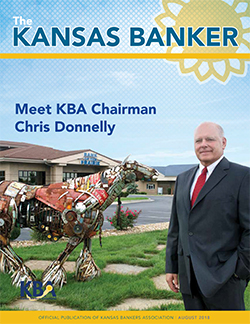Password Games
By: Jeremy Smith
Publication: The Kansas Banker, July/August 2019
 While sitting outside the Principal's office, David Lightman, the main character of that classic 80's gem, WarGames, cautiously slides open a panel on a nearby computer desk to reveal a list of words. The last word on the list, "pencil," is the only one that isn't crossed out, which David understands to be the newest password to the school's grading system and a shortcut to an easy "A." While David goes on to save the world from thermonuclear destruction[DL1] , the movie took time to make a point - writing down passwords was a bad security practice in 1983, yet this practice continues to this day. [DL2]
While sitting outside the Principal's office, David Lightman, the main character of that classic 80's gem, WarGames, cautiously slides open a panel on a nearby computer desk to reveal a list of words. The last word on the list, "pencil," is the only one that isn't crossed out, which David understands to be the newest password to the school's grading system and a shortcut to an easy "A." While David goes on to save the world from thermonuclear destruction[DL1] , the movie took time to make a point - writing down passwords was a bad security practice in 1983, yet this practice continues to this day. [DL2]









